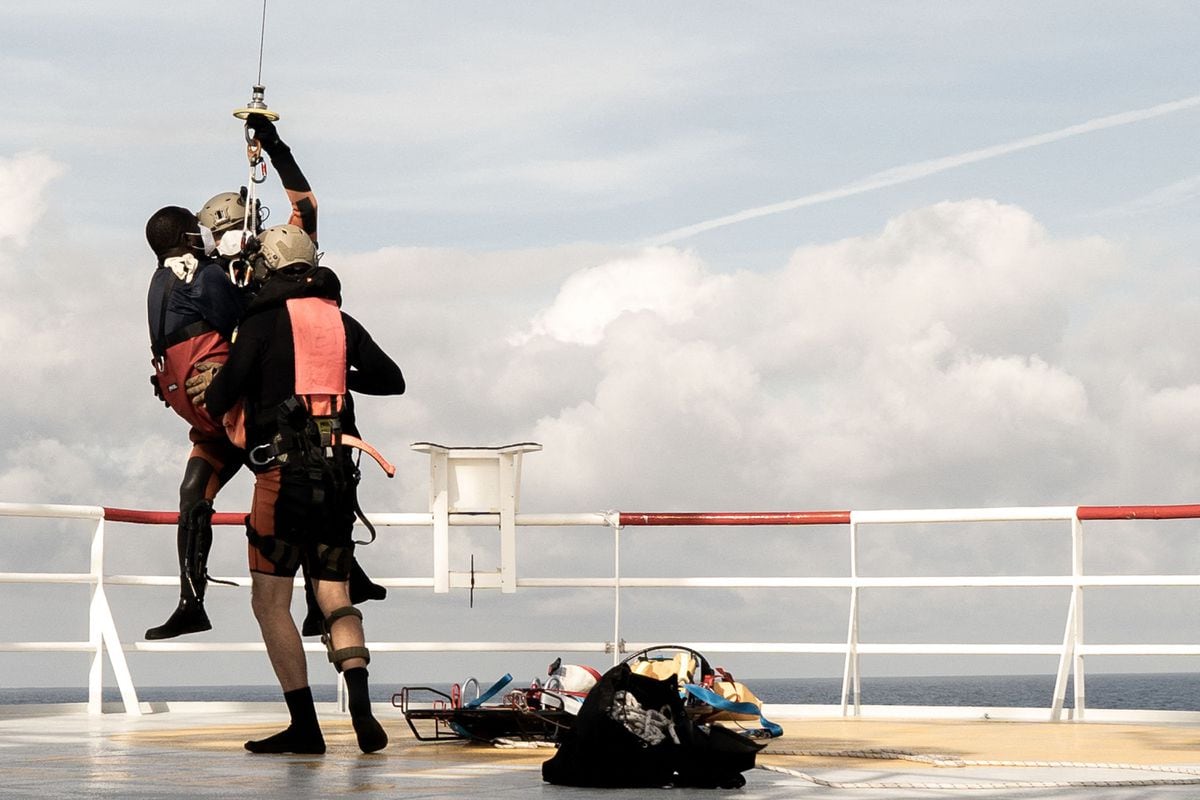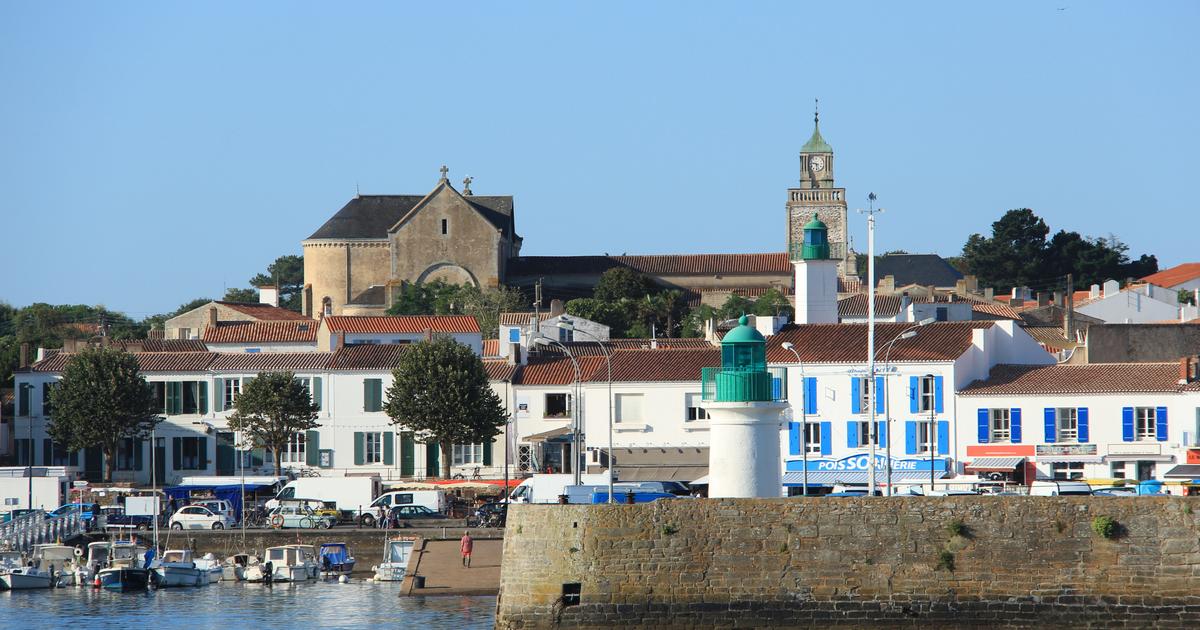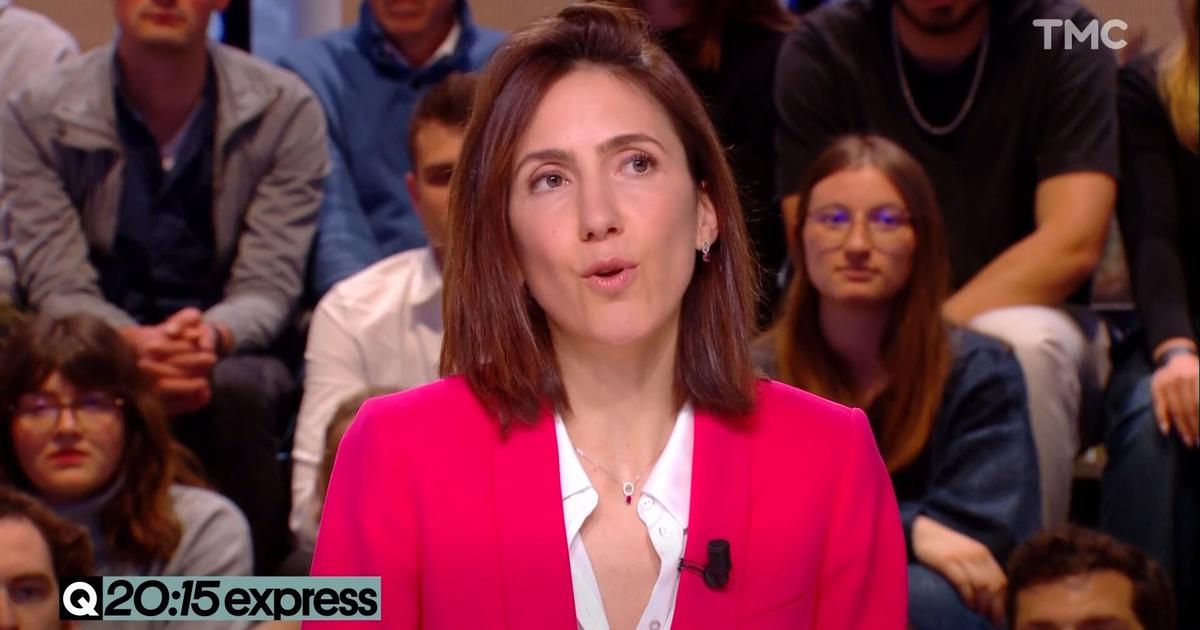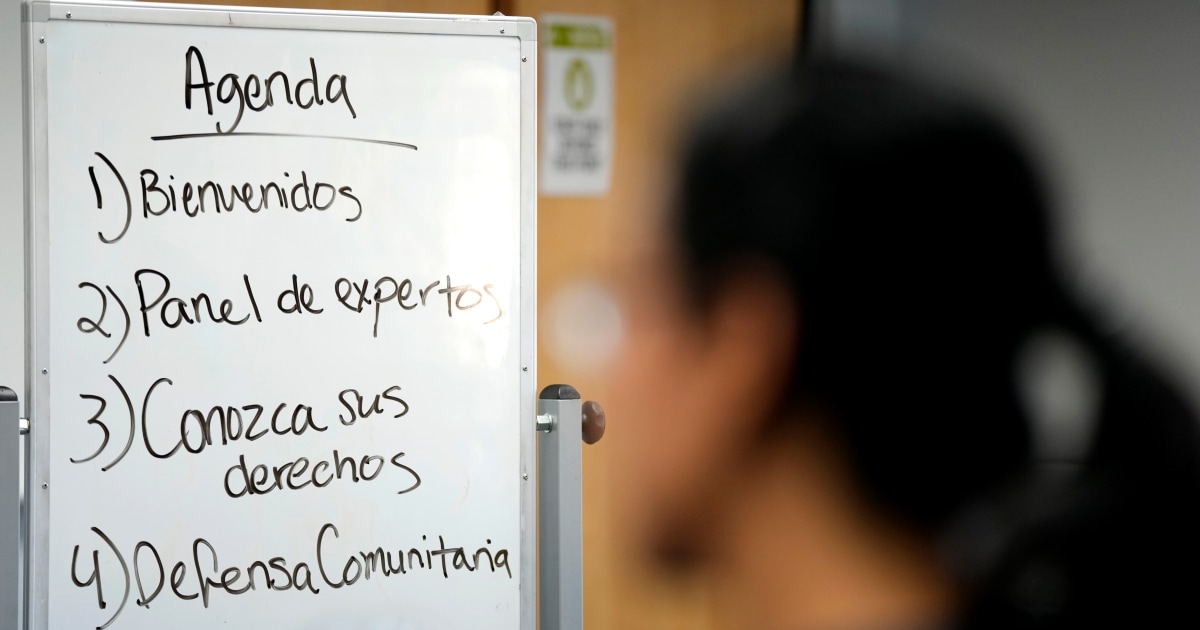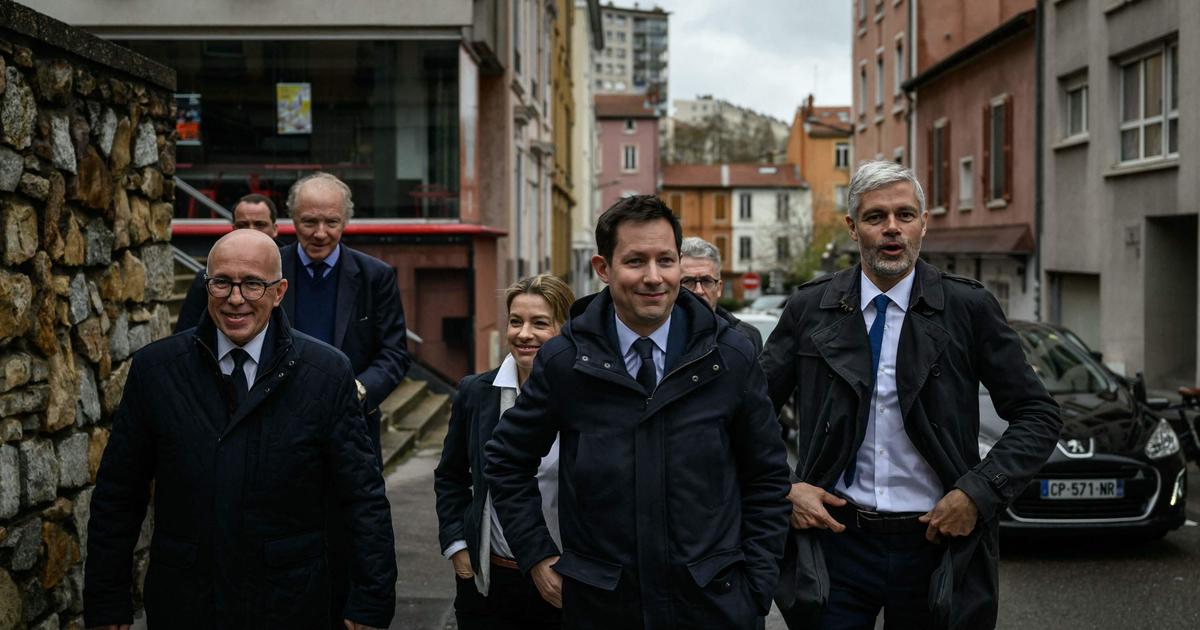No one has yet understood how it could happen, but it all happened quickly and without warning: Callac, one of those languishing French towns where nothing ever happened, has become the scene of immigration battles in the country where extreme Right, in the last presidential elections, exceeded 13 million votes.
Callac was an anonymous dot on Brittany's western peninsula, a town of 2,200 with an aging population and derelict storefronts, a spitting image of empty rural France.
But in the spring, Mayor Jean-Yves Rolland announced a plan to take in refugees to revitalize the town.
And nothing was the same.
The neighbors began to mistrust each other.
“There are people I look at differently now, and it is surely reciprocal,” describes Marianne Motture, a retired classical languages teacher and volunteer with the Secours Populaire solidarity association, which helps the nearly 40 refugees who have been living in Callac for several years. without causing any reaction.
She describes Dominique, a 62-year-old farmer: "The environment is unhealthy."
Famous politicians have landed and demonstrations have been organized for and against the plan.
Journalists from the rest of the country and abroad have attended.
Callac has become a symbol.
One day in September, Motture opened the window and was shocked to see buses of riot police.
In another demonstration, riot police fired tear gas.
Never seen in Callac.
Rolland received threats and told the newspaper
Le Monde
that the gendarmerie had advised him to tint the windows of his office in the City Hall: "Lest a sniper shoot me."
"It was a beautiful project," sighs the mayor.
The project, promoted by the NGO Merci!, consisted of hosting refugee families for the next decade.
At first, there was a confusion: it was published that there were about 70;
later it was said that there were actually 70 people.
The idea had been summed up by French President Emmanuel Macron in a speech in September in which he defended directing immigrants towards rural France instead of towards the
banlieues
, the outskirts of the big cities: “If we manage to offer shelter and integration in these regions to women and men who arrive in our territory, the reception conditions will be much better than if we put them in densely populated areas and with a concentration of economic and social problems”, declared the president.
Didier Leschi, director of the French Immigration and Integration Office, explained to EL PAÍS that 20% of the places for asylum seekers in France are already found in provinces with fewer than 400,000 inhabitants.
Integration works better in small cities of 20,000 or 40,000 inhabitants than in large suburbs, adds Leschi.
Another key, he explains, is that local fears in these towns tend to be greater when the arrivals are isolated men, and are greatly reduced when the refugees arrive as a family.
The conflict in Callac coincided with the landing on November 11 in the south of France of the
Ocean Viking
, a ship belonging to the NGO SOS Mediterránée with 234 migrants on board, and with the preparations for a new immigration law.
divided neighbors
In Callac, the residents were divided over the mayor's proposal.
For some, it made sense: the town, in inner Brittany and far from the main road axes, is losing its inhabitants and the economy is running at half speed.
What better, for their survival, than to welcome people with the impetus of those who have crossed half the world and have risked their skin to get here;
what better to fill the schools and repopulate this corner of France with shops with the “for sale” sign and semi-dilapidated buildings like the old school.
"Callac was always a welcoming land," recalls Marianne Motture in the living room of her house, a house that, as she explains, belonged to
Monsieur
Reina, the son of refugees from Franco's Spain.
"Why wouldn't we take people in now like we did after the fall of the [Second] Republic?"
Other neighbors were suspicious of the project.
"For my part, I have no problem hosting refugees: the question is how," says Moulay Drissi, 51, the son of Moroccan immigrants in the south of France, and a military professional, at the kebab in the main square.
This is not the case for Drissi, but the reception of refugees scared some in Callac.
"You play with the fear of robbery or rape, especially in the elderly," says Olivier Valade, 46, a member of the association that manages the café Les Pieds dans l'Plat.
"There are people who fear an Islamist invasion," completes Paul, the owner of the Café Bazar Chez Paulo, a place full of second-hand books, antique furniture and various objects on the road that crosses the town.
Paul, who serves the sparse clientele wrapped in a blanket from the lack of heating, does not share these fears.
But these are the fears that parties such as Marine Le Pen's National Regroupment, or Éric Zemmour's Reconquista, are trying to stoke.
In France and in Callac.
How this local issue rose to the national political arena is a mystery.
Edwige Viceleux, 48, a former yellow vest and candidate for Zemmour's party in the legislature, assures that she warned her party of the controversy in Callac.
Her party mobilized.
"I don't consider myself to be on the extreme right," Viceleux defends himself.
“I love my country, that's all.
And I consider my country as my family.
If I live in opulence, I will invite my friends, I will host them during my vacations.
When I can't, I don't invite.
It's the same with France, and today France is doing badly."
The tension was about to explode on November 5.
That day, two parallel demonstrations had been called.
With the extreme right came a conglomerate of ultra and royalist factions and the media lawyer and MEP Gilbert Collard, close to Zemmour.
They were calling for a referendum on the mayor's plan.
The extreme right of Zemmour has seen an opportunity in Callac: a reproduction, on a small scale, of the clash between those who defend immigration and those who warn of what they call the great substitution, the conspiracy theory according to which the native western population is being replaced by Muslim and African population.
In the second demonstration, on November 5, unions such as the CGT and parties such as La Francia Insumisa and the communists, and groups called “anti-fascists” participated, among others.
The newspaper
Ouest-France
recounted in its chronicle: “Clashes broke out with the forces of order.
Faced with the throwing of stones, fumigants and glass bottles, the gendarmes resorted on several occasions to tear gas grenades”.
Now weariness reigns.
"They don't care about Callac: they came to do politics," says Moulay Drissi, referring to the demonstration by Zemmour's party.
“And what was the CGT doing there?
Callac's issue no longer matters, it's another issue”.
Jean-Yves Rolland, the mayor, avoids the press.
When he ran into this journalist at the entrance to the City Hall on Friday, he refused to be interviewed.
He said that he needs a few days for everything to calm down.
He declared: "I am not going to put any more oil on the fire."
Follow all the international information on
and
, or in
our weekly newsletter
.
Subscribe to continue reading
Read without limits
Keep reading
I'm already a subscriber

